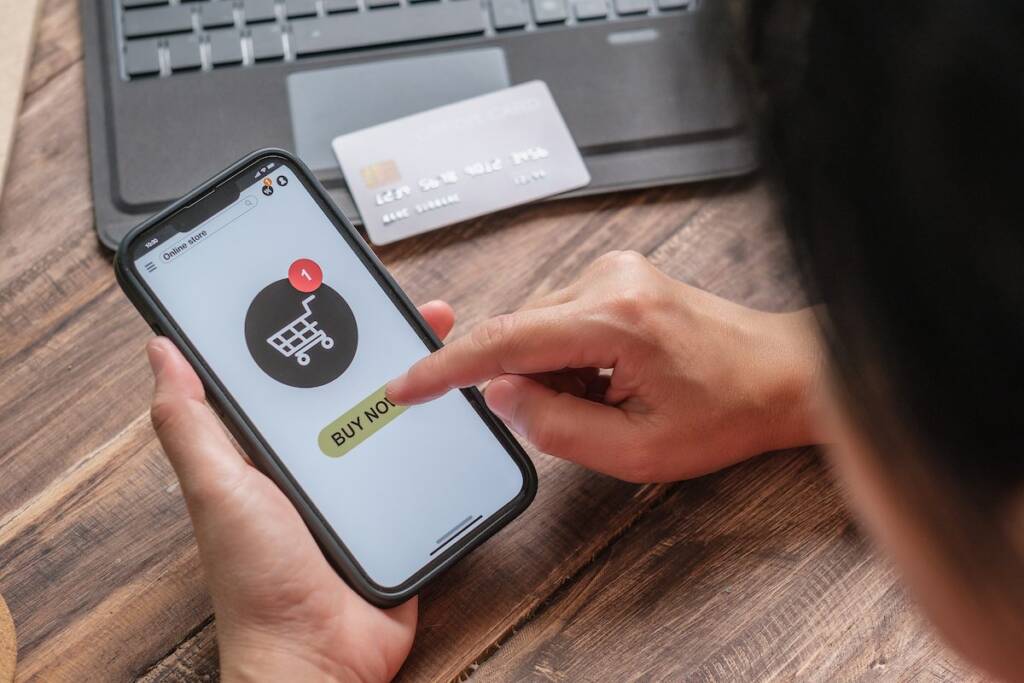
How to navigate NACHA’s 2026 Fraud Mandate
By strengthening protection, banks and their customers can stay a step ahead of fraud.

The UK’s renewed RTGS service is live, and why now is the time to rethink your CHAPS access
For senior banking professionals, the renewal is more than an operational milestone. It is a strategic inflection point.

Navigating the future of payments: Tackling fraud, risk, and compliance
In today's rapidly evolving payments landscape, financial institutions and businesses face unprecedented challenges in fraud prevention, risk management, and regulatory compliance

How to use AI to stay ahead of fraud during peak seasons
High-volume transaction periods are critical to revenue but open the door to criminals. See how artificial intelligence slams that door shut to provide protection when you need it the most.

Tackling friendly fraud with AI precision
On this page Friendly fraud, which occurs when legitimate customers dispute transactions post-purchase, is a growing issue for businesses. Often mistaken for true fraud, these disputes cost retailers $100 billion annually.

Unified corporate payments: How banks can win corporate clients with seamless service
On this page Corporate banking is undergoing digital transformation as clients demand faster, simpler, and more integrated services. One critical area of opportunity is corporate payments. Traditionally, companies have navigated a maze of payment types: domestic ACH, international wires via SWIFT, regional systems like SEPA, emerging real-time payments, and more.

Leadership in an era of transformation
Navigate the future of payments with insights on today’s barriers, leadership strategies, and ecosystem shifts.

AI and the next frontier in account takeover (ATO) detection
On this page Are your traditional ATO tactics putting you at risk? Get expert insights into how the latest technology is helping businesses prevent reputational damage, operational disruptions, and revenue loss.

Top 5 tactics to prevent friendly fraud
Friendly fraud costs retailers $100B annually1 — use these expert insights to reduce losses this year.

The battle for trust: The billion-dollar reality of APP scams
Authorized push payment (APP) scams are appearing across all markets, preying on people’s emotions and eroding the trust built by institutions.

The need to democratize AI
The rise of artificial intelligence (AI) has brought about significant advancements across various sectors, including fraud. New and more complex cybersecurity threats have emerged, leading to phishing, vishing, account takeovers (ATO), synthetic identity fraud, and more.

The invisible synthetic identity heist
In the digital marketplace, convenience is king. Consumers expect seamless transactions, often unaware of the intricate security measures that protect their identities and finances. Behind the scenes, merchants combat fraudulent activities tirelessly to safeguard their customers and their reputations.

Navigating the future: ACI’s ATM transaction processing trends
As digital banking sweeps the industry, automated teller machines (ATM) are adapting to the changing tides of consumer demands and fewer physical branch locations. ATMs are no longer just cash dispensers – they serve as multifunctional banking kiosks where routine and low-value branch transactions can be performed (cash or check deposits, bill payments, or money transfers).



